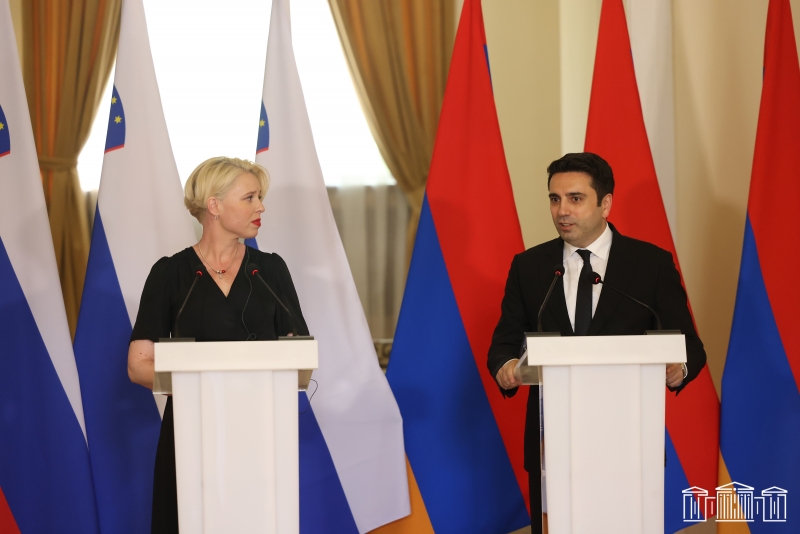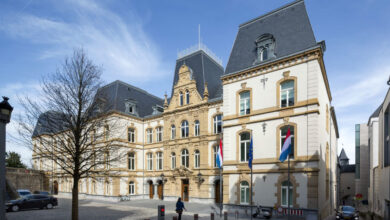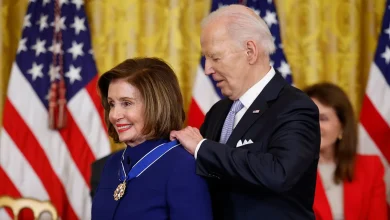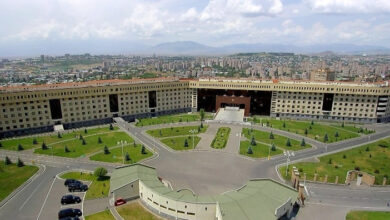
Slovenia highly values the good and friendly relations with Armenia and is eager to further strengthen these ties, particularly through inter-parliamentary cooperation, President of the National Assembly of the Republic of Slovenia Urška Klakočar Zupančič told reporters after a meeting with Armenian National Assembly Speaker Alen Simonyan.
“A significant framework for deepening the relations and consolidating political dialogue between Armenia and the European Union is the Partnership Cooperation Agreement. This Agreement is important for strengthening cooperation across various domains, including facilitating mobility between the European Union and Armenia, which is particularly valuable for Armenian citizens,” she said.
“Slovenia and Armenia are both members or partners in several major international organizations, including the United Nations. As you may know, Slovenia has submitted its candidacy for a non-permanent seat on the UN Security Council for the period 2024-2025. In this context, I express my sincere hope that Armenia will endorse and support our candidacy in the upcoming elections on 6 June,” the Speaker added.
“Within the UN, Slovenia and Armenia share many common objectives in areas such as peace and security, promotion of effective multilateralism, environmental issues, and human rights. As I emphasized during my meeting with President Simonyan, if elected as a non-permanent member, Slovenia will proactively engage with each member individually to seek solutions to international crises through dialogue and close cooperation,” she noted.
Urška Klakočar Zupančič stressed that they closely monitor the situation in Nagorno-Karabakh.
“In this regard, we welcome the European Union’s sustained presence in the region and express our support for the deployment of a new EU Civilian Mission in Armenia. We believe that this mission will contribute to the security of the population, foster regional stability, and build trust among the parties involved,” she said.








